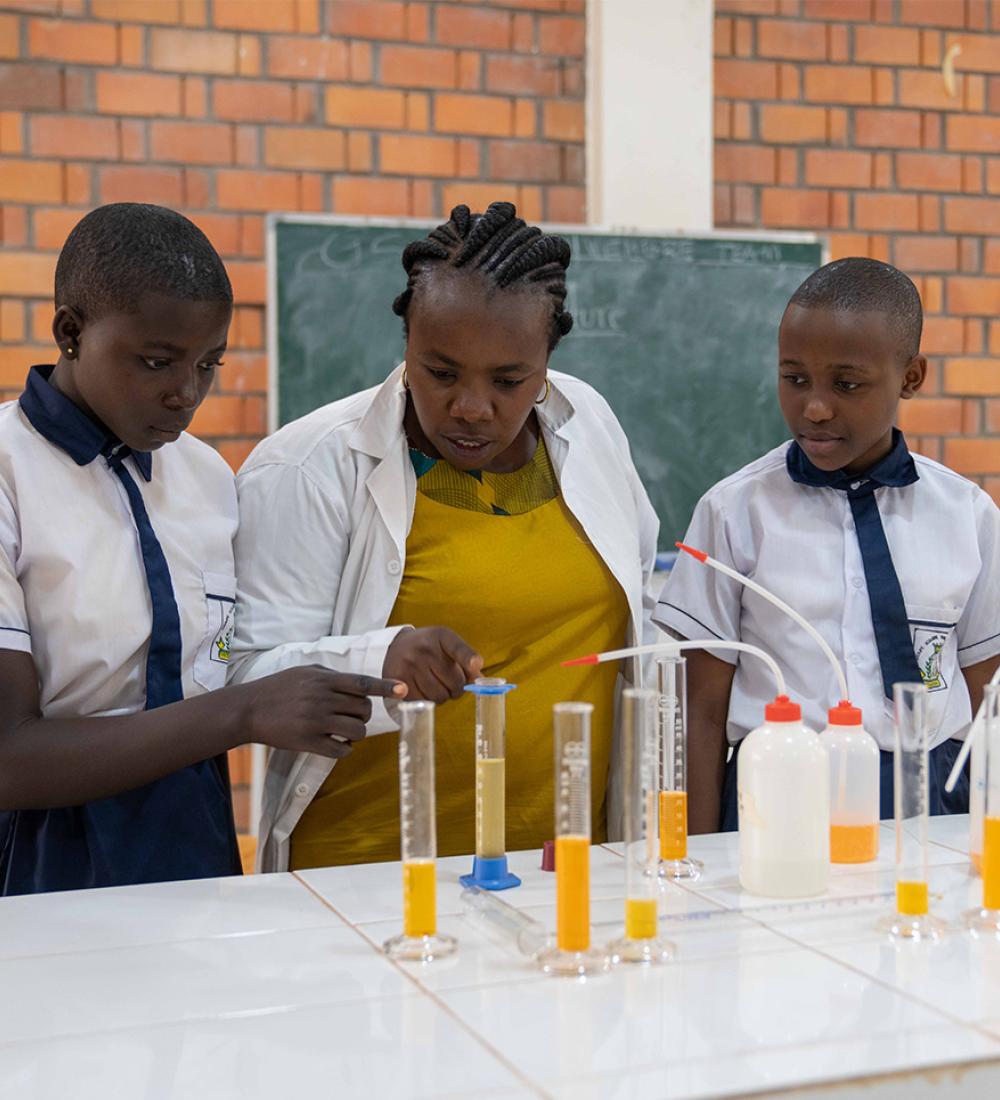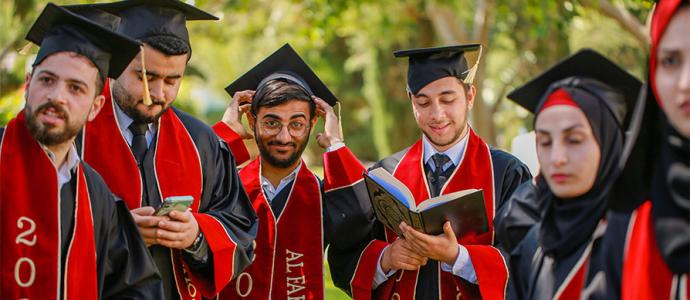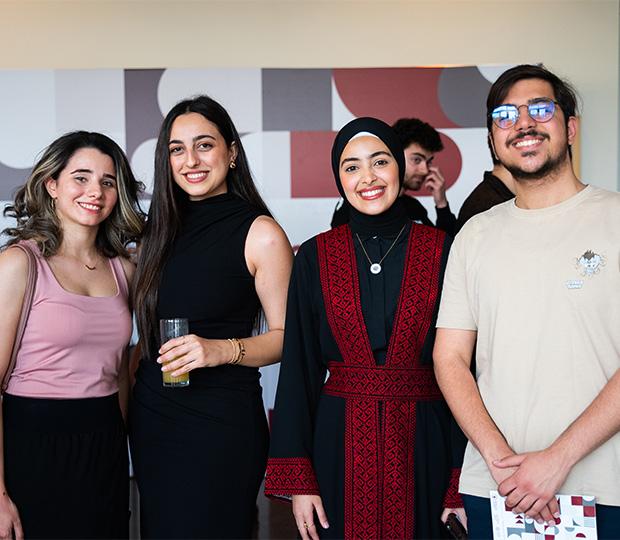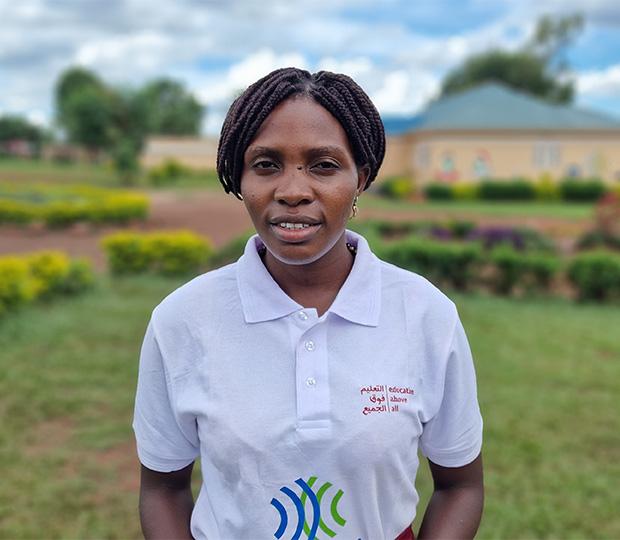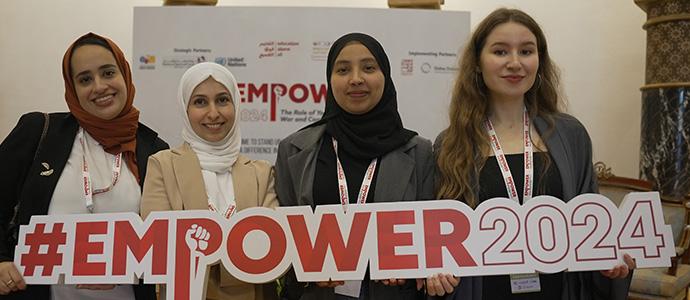Global Movement to Protect Education Under Attack
An issue atop the world’s headlines, the sessions explored issues that are playing out in countries around the world where educational institutions, educators and students are targets of conflict, violence and insecure situations or suffer from their consequences.
The session, titled “Education Violence and Conflict – from Daunting Challenge to Effective Response”, featured an impressive range of speakers and interventions including:
- Graça Machel, Founder of the Graça Machel Trust;
- Thomas Gass, UN Assistant Secretary-General, Policy Coordinator and Inter-Agency Affairs, Department of Economic and Social Affairs, United Nations;
- Dr. Kevin Watkins, Executive Director of the Overseas Development Institute;
- Jean-Paul Laborde, Assistant Secretary-General, Executive Director of the Counter-Terrorism Executive Directorate, United Nations; and
- Elizabeth Decrey Warner, Executive President, Geneva Call
Commenting on the day’s topic, Marcio Barbosa, CEO of Education Above All, said: “Contrary to popular belief, education is not under attack in a small set of countries in the Middle East and Africa – during the 2009 to 2012 period more than 30 countries around the world experienced attacks on education. Wherever conflict, violence and insecurity undermines access to, or delivery of, education, populations become vulnerable. We need two things – accountability for those who carry out attacks on education and target students and educators, and to put an end to impunity. EAA will continue to devote energy to this timely and important matter, working towards answers that advance the cause of quality education for everyone, everywhere with no one left behind.”
The lively discussion, moderated by news presenter and journalist Mishal Husain, centered on the fact that laws and resolutions to protect education are in place, but compliance is lacking. Panelists called for a multi-stakeholder effort to protect the most vulnerable citizens of the world using new and innovative actions, from community level action to global institution efforts. The recently adopted Sustainable Development Goals provide the objective - education for all, with a framework for action under development. Panelists noted that without addressing the root causes of education insecurity, such as attacks, society will not be successful in its pursuit of the interlinked development goals.
On the panel, Graça Machel addressed the issue of how to step up efforts to protect education: “The way conflicts are being waged has taken a turn, in ways that have no sense of humanity, no limits, and no boundaries. I believe that we are at a time where perhaps we as a human family have come to accept the normalization of violence. We see it on screens, and we carry on with our lives as if this is normal. We have to build a movement, a movement which at every level shows very strong outrage at attacks of all kinds on education.”
There is tremendous pressure on policy-makers and NGOs intervene in ways that work to protect education. The panel broadly agreed on the need for a concerted global movement among governments, multilateral institutions, NGOs and civil society to hold accountable those who attack education, and to enforce existing laws that serve to protect educational institutions, educators and students. What are needed now are the leaders for such a movement – to mobilize people across society to reject normalization of violence against education – and data to indicate where to act and whether the actions taken are having the intended effect.
Following the WISE Summit, stay in touch with Education Above All and its programmes on social media by following @EAA_Foundation on Twitter, @educationaboveall_eaa on Instagram and Education Above All on Facebook and on the web at educationaboveall.org.








